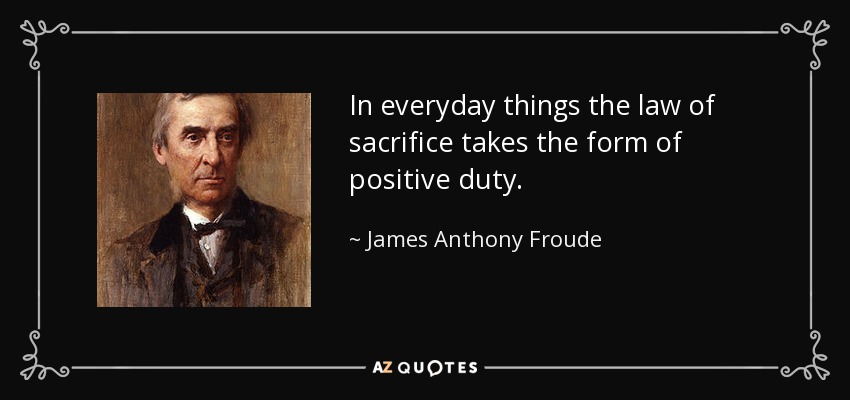Many want to climb the corporate ladder, hoping for freedom and power at the top.
They think, “When I get to the top, then I will learn to lead. If I were on top, everyone would follow. Or, when I get to the top I will be able to do anything.” They don’t recognize these are myths of leadership. Leadership is influence, and when you get to the top, you have to practice servant leadership which requires sacrifice.
Leaders who want to rise have to do more than take an occasional cut in pay; they have to give up their rights. That’s true of every leader, regardless of profession. Talk with any leader, and you will find that she or he has made repeated sacrifices, and the higher the leader has climbed, the greater the sacrifices made.
Out of This World Leaders sacrifice the good in order to get the best.
Click here to learn more about John Maxwell’s 18th Law of Leadership from the life of Moses in Exodus 3 & 4.


